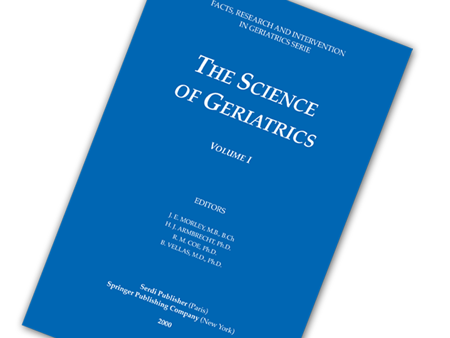A delayed-start design has been proposed to assess a potential disease-modifying effect in investigational drugs for Alzheimer’s disease that target the underlying disease process. EXPEDITION3 was a Phase 3, double-blind study with participants randomized to solanezumab (400 mg) or placebo every 4 weeks for 80 weeks, with an optional extension of active treatment.
The delayed-start analysis was designed to determine if a statistically significant treatment difference established during the placebo-controlled period is maintained (at predefined level) during the delayed-start period, which would suggest the active drug has a disease-modifying effect. The delayed-start analysis was assessed across multiple efficacy measures, and includes data from baseline in the placebo-controlled period and up to 9 months in the delayed-start period.



